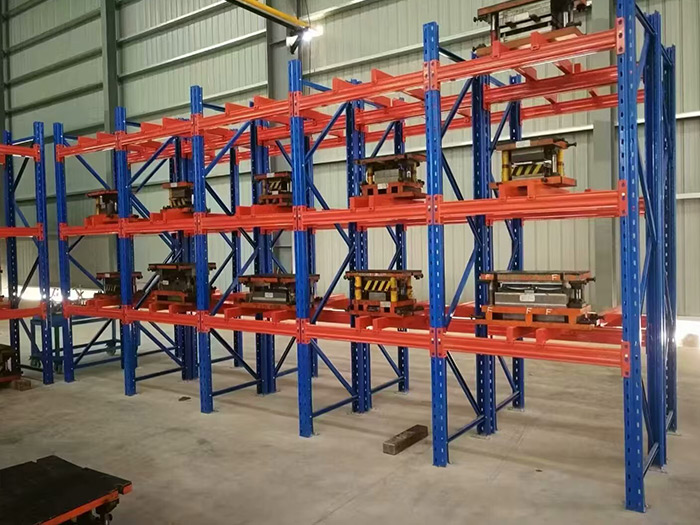
Concrete, a versatile and durable construction material, plays a pivotal role in engineering projects worldwide. Its importance cannot be overstated, as it serves as the foundation for countless structures and infrastructure developments. In this article, we will delve into the multifaceted reasons why concrete is crucial in engineering, exploring its strength, versatility, sustainability, and its ability to withstand the test of time.
- Unparalleled Strength and Structural Integrity:
Concrete's exceptional strength is one of its most significant advantages in engineering. Its compressive strength allows it to bear heavy loads, making it ideal for constructing bridges, dams, skyscrapers, and other large-scale structures. Reinforced concrete, combining steel reinforcement with concrete, further enhances its structural integrity, enabling it to withstand extreme forces and seismic activity. - Versatility in Design and Construction:
Concrete's versatility allows engineers to bring their creative visions to life. Its moldable nature enables the construction of complex shapes and forms, facilitating the realization of architectural marvels. From curved bridges to intricate facades, concrete offers endless design possibilities. Additionally, it can be colored, textured, and finished to meet aesthetic requirements, making it an ideal choice for both functional and visually appealing structures. - Durability and Longevity:
One of the key reasons concrete remains indispensable in engineering is its exceptional durability. Concrete structures have a significantly longer lifespan compared to other materials, reducing maintenance costs and environmental impact. Its resistance to fire, water, and weathering ensures the longevity of buildings, bridges, and infrastructure, providing a sustainable solution for future generations. - Environmental Sustainability:
Concrete's sustainability is a growing focus in modern engineering. The production of concrete has evolved to incorporate eco-friendly practices, such as using recycled materials and reducing carbon emissions. Additionally, concrete's thermal mass properties contribute to energy efficiency by regulating temperature fluctuations in buildings, reducing the need for excessive heating or cooling. - Cost-Effectiveness:
Concrete's cost-effectiveness is another crucial factor in its importance within engineering. Its availability, ease of production, and abundance of raw materials make it a cost-efficient choice for large-scale projects. Furthermore, its durability and low maintenance requirements translate into long-term cost savings, making it an economically viable option for infrastructure development.
Conclusion:
Concrete's importance in engineering cannot be overstated. Its unrivaled strength, versatility, durability, and sustainability make it an indispensable material for constructing a wide range of structures. From iconic landmarks to everyday infrastructure, concrete continues to shape the modern world. As engineering practices evolve, concrete will undoubtedly remain at the forefront, providing innovative solutions to meet the challenges of the future.








